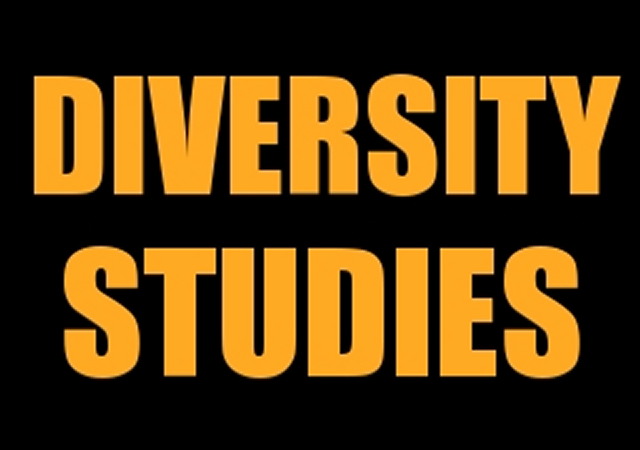State University of New York System Still Embracing DEI Ideology in Faculty Hiring
“In the SUNY system, these ‘paths and bridges’ take the form of three diversity awards and scholarships”

Higher education is going to have to be dragged, kicking and screaming, from these practices. They do not want to give it up.
City Journal reports:
Favoring “Diverse Faculty”
The Supreme Court in Students for Fair Admissions v. Harvard (SFFA) banned the use of race in admissions in higher education. In the State University of New York system, however, race-conscious methods are alive and well in another domain: faculty hiring.
After the ruling, Chancellor John B. King, Jr. and the SUNY Board of Trustees declared that the Court had “attempted to pull our nation backwards in the journey toward equity and civil rights.” Blacks and Latinos “are still underrepresented across institutions of higher education as students, faculty members, and administrators,” they said, so “better paths and bridges” would be needed to dismantle “roadblocks and barriers.”
In the SUNY system, these “paths and bridges” take the form of three diversity awards and scholarships: Promoting Recruitment, Opportunity, Diversity, Inclusion and Growth (PRODiG+); the Empire State Diversity Honors Scholarship; and the Graduate Diversity Fellowship. The first is a recruiting program designed to induce “over 400 postdoctoral fellows to enter tenure-track faculty positions at State-operated campuses”; the latter two are DEI-focused scholarships for undergraduate and graduate students, respectively.
SUNY’s PRODiG+ program is explicitly designed to “increas[e] the number and share of excellent diverse faculty committed to advancing the ideals of diversity, equity, and inclusion (DEI).” In practice, “diverse faculty” apparently refers to racial minorities and women. SUNY Cortland’s PRODiG proposal, for example, stated clearly that it intends to “hir[e] a percentage of URM [underrepresented] faculty that equals or surpasses the diversity of our student population.” Cortland’s 2022 program overview clarified further that “underrepresented” groups included “women in STEM disciplines [WSTEM], Hispanic/Latinx, African Americans, Native Americans, and Pacific Islanders.”
One of the school’s PRODiG+ initiatives is called the Diversity Faculty Fellows (DFF) program; it is intended to “attract diverse faculty of promise to [Cortland’s] campus.” These postdoctoral fellowships are effectively employment programs, and university documents reveal that administrators put their thumbs on the scale to benefit minority scholars. For example, officials asked search committees to revisit the qualifications of URM candidates who were not selected for a campus interview “to determine if . . . apparent bias” led to their rejections. Additionally, several SUNY Cortland departments allow DFF searches to be extended or postponed due to “[in]sufficient diversity” in the applicant pool; in the 2019–2020 application cycle, one DFF search was cancelled entirely “due to lack of diversity in the pool.”
Donations tax deductible
to the full extent allowed by law.








Comments
Most universities have been doing this, either openly or under the table, for decades. I don’t expect it to stop any time soon. My own school blatantly discriminated against white and Asian males in faculty hiring. They felt that if they got sued, they would settle out of court, and that was simply part of the cost of doing business.